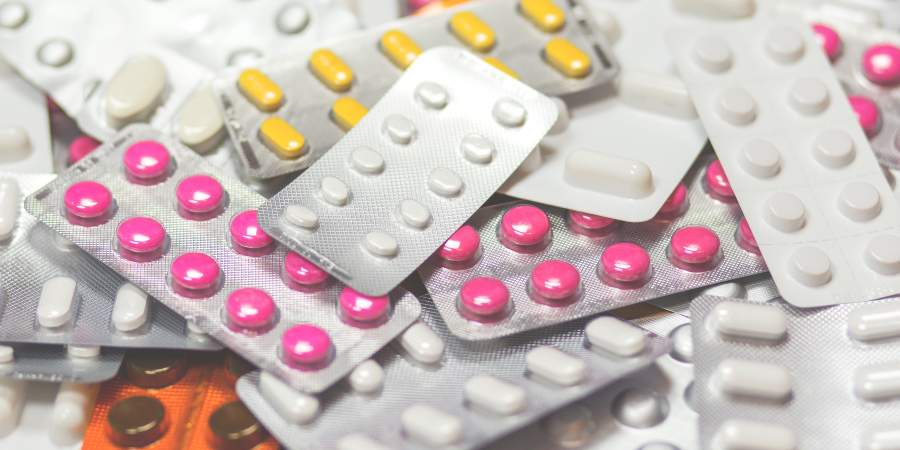Mahiyar Rohinton Patel, Pune
The Central Drugs Safety Control Organisation (CDSCO) has flagged 53 drugs as under the “Not of Standard Quality (NSQ)” category. This classification is based on random monthly sampling conducted by each state unit of the CDSCO.
In the list are several commonly used everyday over-the-counter like Shelcal, Pan-D, Glimpiride, Telmisartan, medicines prescribed by doctors regularly and commonly.
Three separate notifications were given out by the CDSCO giving out the names of the drugs with spurious or adulterated content. There were repeated entries in the notifications but notably one of the entries in the notification was a particular brand of cotton gauze roll that was up to the specific width and other standards of the regulator.
Many of these drugs have been produced by well known companies like Hindustan Antibiotics Limited (HAL), Glenmark and Hetero Drugs.
Medicines have been flagged across many different varieties such as the anti diabetes drug Glimepiride, acid reflux or as colloquially known as acidity drug Pan D, high blood pressure medication Telma H. Even a pediatric medication called Ceopodem XP 50 dry made by the Hyderabad based Hetero which is meant for severe illnesses in children was deemed to be below standard quality.
The manufacturers of several drugs listed in the three notifications have responded to the classification of their products by claiming that the actual manufacturers as disclosed by a label on the product is not in actuality the real maker of the drugs and making the claim that just the drugs tested were false or happened to be adulterated. The manufacturer’s fate will be decided by the several ongoing investigations. Even the larger multinational pharmaceutical manufacturers such as Sun Pharma and Glenmark have stuck to their statement that the drugs that have been tested have not been manufactured by them.
Just a few months ago, in August, the CDSCO had taken extremely severe action against many drug manufacturers by banning 156 one dose vaccines and drugs. It was deemed to be “likely to involve in the risk to life”. Among them were popular painkillers, antibiotics and even cold and cough medication.
